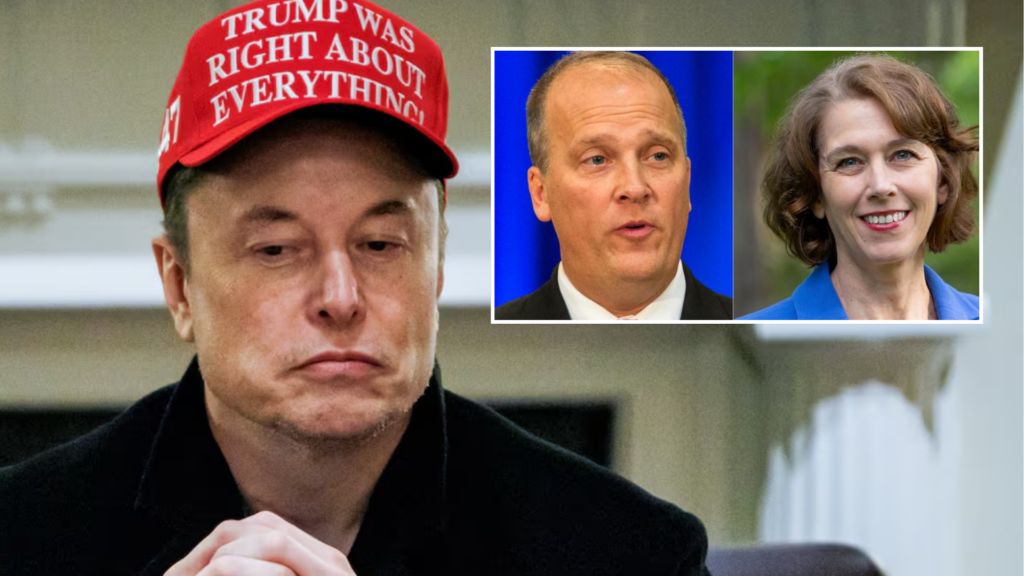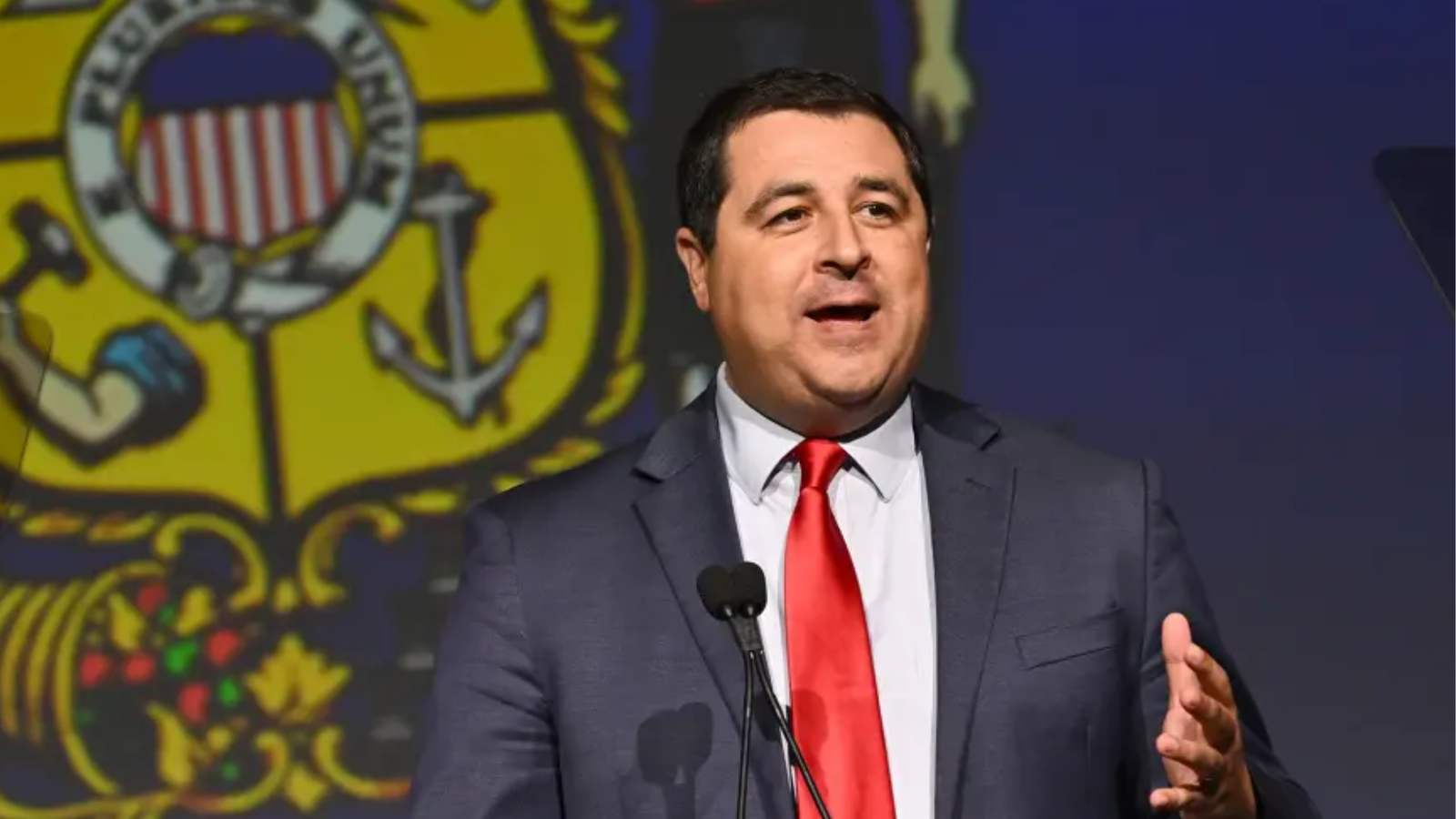
Wisconsin Attorney General Josh Kaul has filed a lawsuit seeking to block billionaire Elon Musk from distributing $1 million checks to voters just days before the state’s pivotal Supreme Court election.
Kaul, a Democrat, asked a county circuit court on Friday to stop Musk from making the payments, which were initially planned for Sunday. Musk had announced on his social media platform, X, that he would “personally hand over” $2 million to two voters who had already cast ballots in the race.
Following backlash, Musk later clarified that the funds would instead go to individuals serving as “spokesmen” for an online petition against “activist” judges.
He also changed the event’s eligibility, first stating it would be open to voters in the Supreme Court race, then limiting attendance to those who signed the petition.
Kaul argues that Musk’s actions, regardless of the shifting terms, could violate Wisconsin election law, which prohibits offering anything of value to induce someone to vote or refrain from voting.
While Musk deleted his original post about the giveaway, Kaul pointed out that there has been no official statement confirming that the payments will not take place.

Elon Musk political action committee (PAC) on Friday announced the recipient of its first $1 million checks award: Scott Ainsworth, a Green Bay mechanical engineer who previously donated to the Wisconsin GOP and conservative Supreme Court candidate Brad Schimel.
In a video posted on X, Ainsworth encouraged others to sign the petition and vote early for Schimel, saying, “If everyone in the MAGA movement shows up and votes for Brad Schimel, we will win.”
Musk also offered $100 to any registered Wisconsin voter who signed or forwarded the petition, further raising legal concerns. Legal experts suggest that while Musk’s modified offer might reduce legal risks, it does not necessarily eliminate them.
The Wisconsin Supreme Court race, which has seen record-breaking spending exceeding $81 million, has become a national flashpoint, drawing involvement from figures such as Musk and former President Donald Trump.
The outcome will determine ideological control of the court, with significant implications for abortion rights, redistricting, union power, and voting laws ahead of the 2026 midterms and the 2028 presidential election.
Trump has actively supported Schimel, endorsing him and participating in a telephone town hall for his campaign. His opponent, Judge Susan Crawford, is backed by top Democrats, including former President Barack Obama.
Kaul’s lawsuit was initially assigned to Crawford but was quickly reassigned to another judge in neighboring Columbia County.
Meanwhile, Musk’s PAC defended its petition effort, which mirrors a similar strategy used during the last White House election, when it offered $1 million daily payments to voters in battleground states who signed a petition supporting First and Second Amendment rights. A Pennsylvania judge ruled at the time that the initiative did not constitute an illegal lottery.
The legal challenge against Musk’s payments could ultimately reach the Wisconsin Supreme Court. Speaking to local media, Schimel distanced himself from the petition, stating, “I’m against activist judges, but I don’t think I should sign that.” He also said he was unaware of the criteria for receiving Musk’s $1 million award.
Crawford’s campaign dismissed Musk’s involvement as a “last-minute desperate distraction,” with spokesperson Derrick Honeyman saying, “Wisconsinites don’t want a billionaire like Musk telling them who to vote for.”
The race has drawn immense financial support from outside donors. Musk and his affiliated groups have poured over $20 million into efforts supporting Schimel, while billionaire George Soros has contributed $2 million to boost Crawford, and Illinois Democratic Governor J.B. Pritzker has added $1.5 million.
As election day approaches, the legal battle over Musk’s payments could further escalate, adding another layer of controversy to an already heated race.

